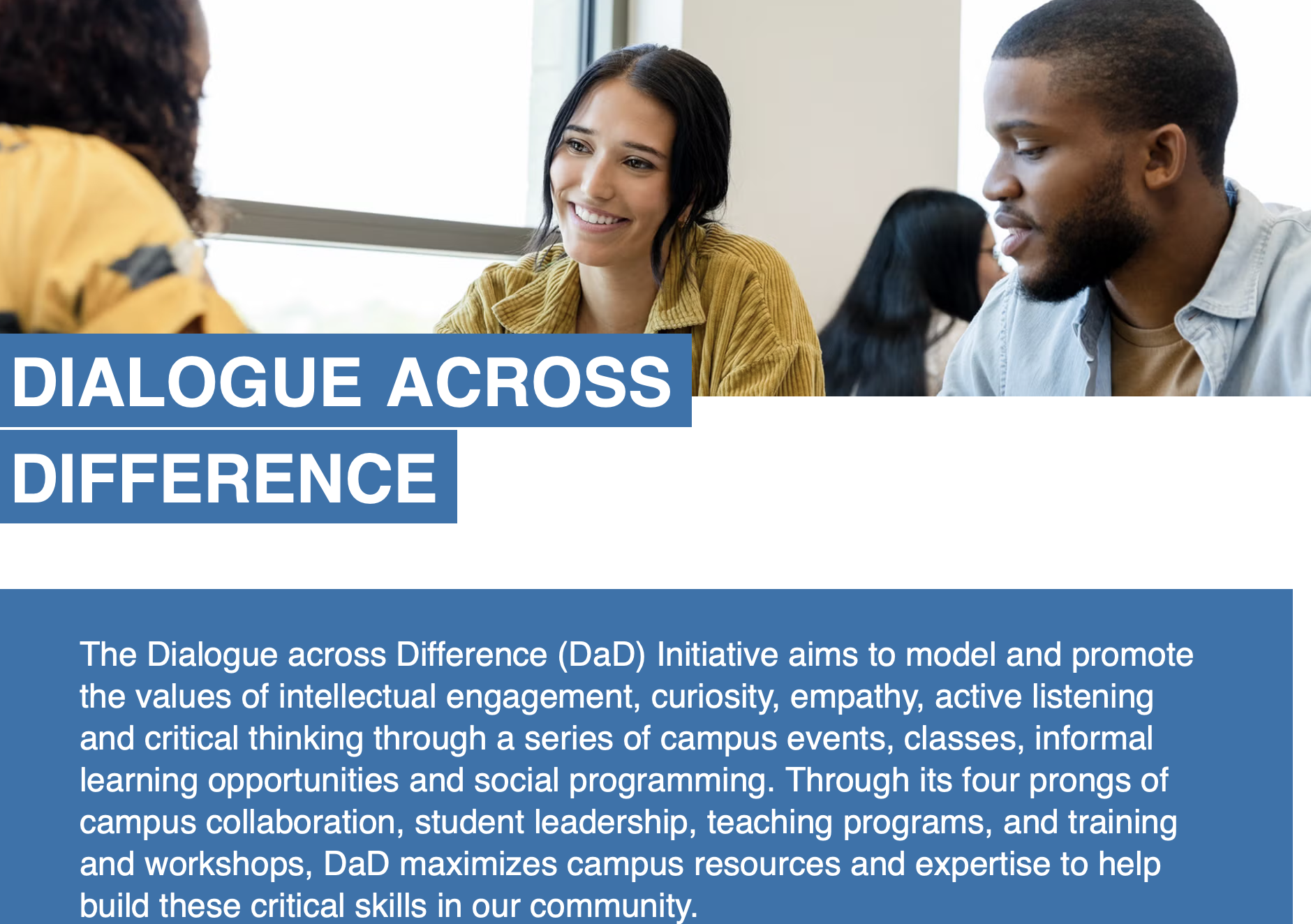Good news! Colleges increasingly emphasize engaging across the political divide
This week, the news of American division and disfunction feels particularly dire. We are all in need of some hope. So here’s some: colleges and universities are working overtime to provide students with experiences and training to help them reach across the political divide. From where I sit, it appears that over the last year or two there has been an explosion in the number of programs, classes, and offices dedicated specifically to helping young Americans talk to and work with people with whom they disagree.
Examples abound. At Stanford, first-year students are required to take Citizenship in the 21st Century, a course that provides “the setting and skills to engage in rigorous, intellectual discussions on topics that that can be contentious—controversial, even.” At UC Berkeley, a course called Openness to Opposing Views helps students learn “how and why to engage with viewpoints they don’t understand. In 2024 Vanderbilt University required incoming students to read Monika Guzman’s book, I Never Thought of It That Way, before she spoke on campus about engaging in civil discourse.
Dartmouth College’s Dialogue Project
At American University, The Project on Civil Dialogue envisions “a campus driven by intellectual curiosity and good conversations.” Dartmouth College’s Dialogue Project helps students and faculty build the skills that anchor productive discourse across lines of disagreement. In addition to workshops and speakers, the project brings StoryCorps’ One Small Step initiative—in which two people across the political divide engage in a recorded conversation—to campus. William and Mary is leaning on the Better Arguments Project to guide community behavior. UCLA has a launched a Dialogue across Difference initiative. As the Chronicle of Higher Education observed in August, dialogue is in.
UCLA’s Dialogue across Difference Initiative
This is good news for today’s college students, and I hope it will be good news for today’s K-12 students, as well. I am ever so hopeful that this flurry of dialogic opportunities portends a longer-term emphasis on teaching college students to reach across lines of divide and difference. If so, there is likely to be downward pressure on schools to send colleges kids who’ve already had a head start. For several years I have been preaching the need to equip today’s students with the skills they’ll need to ease tomorrow’s political polarization. I think in colleges and universities I may have found some new voices to join me at the pulpit.


